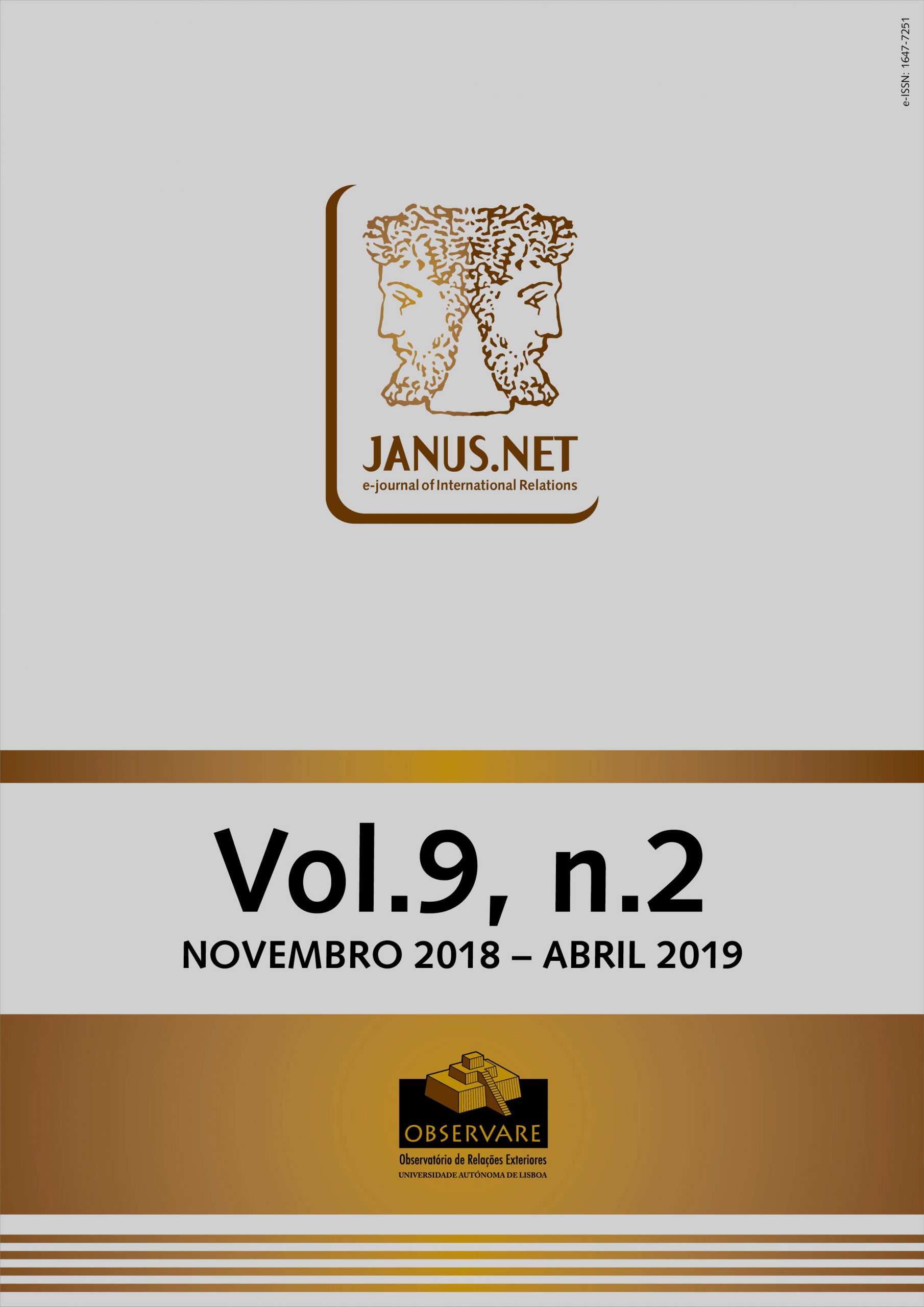El presente artículo tiene por objetivo generar una noción crítica del posconflicto en Colombia para proponer la idea de un escenario en transformación. Las dinámicas de seguridad y conflicto en Colombia estuvieron definidas a partir de la existencia de un problema que trascendió a amenaza. Dicho problema que posteriormente se securitiza y escala en la agenda de seguridad del país fueron las Farc –Ep. En consecuencia, es menester advertir por un lado, que el conflicto no termina con el fin del proceso con las Farc-Ep y, por el otro, que como efectos secundarios pero no menos importantes, el cambio de este grupo da lugar a la mutación de los asuntos de seguridad y conflicto en Colombia. A saber, los mercados de la violencia, la disputa por los vacíos de poder que se manifiestan en el territorio y las colectividades armadas que surgen de los disidentes de las Farc-Ep y la exclusión social a la que se enfrentan los excombatientes. Teniendo en cuenta lo anterior, el concepto “posconflicto” es tendencioso, ambiguo y distorsionado, lo cual en sí mismo representa una amenaza para el desenvolvimiento de los conflictos en el país.
COLOMBIA EN MUTACIÓN: DEL CONCEPTO DE POSCONFLICTO AL PRAGMATISMO DEL CONFLICTO
Profesor de la Escuela de Política y Relaciones Internacionales de la Universidad Sergio Arboleda (Colombia). Ph.D. en Cuestiones Actuales del Derecho Español e Internacional de la Universidad Alfonso X el Sabio de España. Magister en Seguridad y Defensa Nacionales de la Escuela Superior de Guerra de Colombia. Profesional en Política y Relaciones Internacionales de la Universidad Sergio Arboleda.
Profesor de la Facultad de Gobierno y Relaciones Internacionales de la Universidad Santo Tomás (Colombia) Politólogo de la Facultad de Ciencia Política y Gobierno de la Universidad del Rosario. Master of Arts en Teoría Política con énfasis en Análisis de Discurso Político de la Universidad de Essex (Inglaterra).
Resumo
Palavras-chave
Como citar este artigo
González, César Augusto Niño; Álvarez, Daniel Palma (2018). “Colombia en mutación: del concepto de posconflicto al pragmatismo del conflicto”. JANUS.NET e-journal of International Relations, Vol. 9, N.º 2, Noviembre 2018-Abril 2019. Consultado [en línea] en fecha de última consulta, https://doi.org/10.26619/1647-7251.9.2.6
Artigo recebido em 11 Maio, 2018 e aceite para publicação em 9 Setembro, 2018















